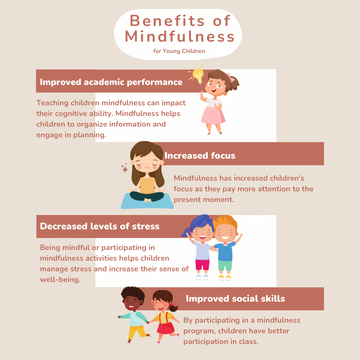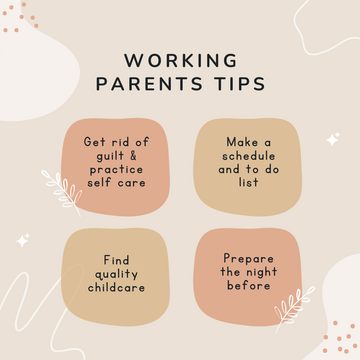Becoming a parent is a life-changing experience filled with joy, excitement, and a deep sense of responsibility. However, it also comes with its unique set of challenges that can take a toll on a new parent's mental health. The sleepless nights, the constant worry, and the overwhelming feeling of responsibility can create an emotional rollercoaster. Understanding and prioritizing mental health is crucial for new parents to thrive in their new roles.
1. The Emotional Challenges of New Parenthood
The transition to parenthood brings about significant emotional changes. New parents often experience a wide range of emotions, from immense happiness and love to anxiety and self-doubt. Postpartum depression (PPD) and anxiety are common, affecting up to 1 in 7 women and 1 in 10 men. It’s important to recognize that these feelings are normal, and that seeking support is not a sign of weakness, but rather a step towards strength.
2. The Impact of Mental Health on Parenting
A parent's mental health directly affects their ability to provide care and support to their child. When a parent is mentally healthy, they are more patient, emotionally available, and responsive to their child's needs. On the other hand, untreated mental health issues like depression or anxiety can lead to difficulties in bonding with the child, decreased patience, and increased stress. This can impact not only the parent-child relationship but also the overall family dynamic.
3. The Role of Sleep and Self-Care
One of the most common challenges new parents face is sleep deprivation, which can significantly affect mental health. Lack of sleep can lead to irritability, difficulty concentrating, and increased anxiety. Prioritizing sleep and self-care can seem impossible with a newborn but finding ways to rest and recharge is essential. Simple steps like taking naps when the baby sleeps, asking for help from family or friends, and setting aside time for self-care activities can make a big difference.
4. Breaking the Stigma: Seeking Help is Essential
Many new parents feel pressured to "do it all" and may feel shame or embarrassment about admitting they are struggling. It's important to break the stigma surrounding mental health challenges in new parents. Reaching out for help from a healthcare professional, therapist, or support group can provide invaluable support and guidance. Knowing that others have experienced similar feelings can be incredibly validating and comforting.
5. Building a Support System
Having a strong support system is vital for new parents. This can include family, friends, healthcare providers, and parenting support groups. Sharing experiences and challenges with others who understand can alleviate feelings of isolation and overwhelm. Support systems provide not only emotional comfort but also practical help, such as babysitting, meal preparation, or just a listening ear.
6. The Long-Term Benefits of Prioritizing Mental Health
When new parents prioritize their mental health, they set the foundation for a healthier family environment. Children thrive in households where caregivers are mentally and emotionally well. By addressing mental health needs early on, parents can model healthy coping mechanisms, emotional regulation, and self-care, which are crucial skills for their children to learn.
7. Practical Tips for New Parents to Support Mental Health
- Accept help: Don’t be afraid to ask for or accept help from friends and family.
- Establish a routine: A consistent daily routine can provide a sense of normalcy and stability.
- Stay connected: Maintain social connections with loved ones, even if it's through virtual means.
- Practice mindfulness: Simple mindfulness exercises, like deep breathing or short meditation sessions, can help calm the mind.
- Get outside: Fresh air and a change of scenery can do wonders for mental well-being.
- Stay informed but avoid overload: Educating oneself about parenting is important, but information overload can lead to anxiety.
The journey of parenthood is as challenging as it is rewarding. For new parents, prioritizing mental health is not just beneficial—it’s essential. By recognizing the importance of mental well-being, seeking help when needed, and building a strong support system, new parents can navigate the complexities of parenthood with greater resilience, joy, and confidence. Remember, a mentally healthy parent is better equipped to raise a healthy, happy child.
Embracing this mindset not only benefits parents but also lays a strong foundation for a positive, nurturing family environment.





